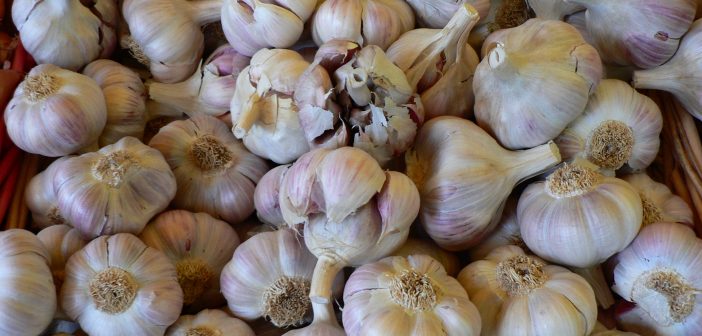For centuries, garlic has been more than just a culinary staple. Its pungent aroma and flavor have graced kitchens around the world, but its significance extends far beyond mere taste. This humble bulb boasts a remarkable array of health benefits, earning it a reputation as a natural powerhouse. Let’s peel back the layers and explore the science behind garlic’s impressive health potential.
A Nutritional Gem:
Garlic isn’t just delicious; it’s packed with essential nutrients. A single clove (around 3 grams) offers a decent dose of manganese, vitamin B6, vitamin C, and selenium. Its true power lies in the presence of organic sulfur compounds, particularly allicin, responsible for its characteristic odor and many health benefits.
Immune System Ally:
Numerous studies highlight garlic’s ability to bolster the immune system. Its active compounds stimulate the production of white blood cells, our body’s natural defense against infections. Research suggests it can help alleviate the severity and duration of common colds and potentially reduce the risk of certain cancers.
Heart Health Hero:
Garlic appears to have a positive impact on cardiovascular health. It can lower blood pressure by relaxing blood vessels and reducing the production of cholesterol. Studies indicate it may also protect against blood clots and improve overall heart health.
Antioxidant Arsenal:
Garlic is rich in antioxidants, molecules that combat free radicals and oxidative stress, linked to chronic diseases like heart disease and cancer. Its antioxidant properties help protect cells from damage and may contribute to disease prevention.
Cognitive Champion:
Emerging research suggests garlic may benefit cognitive health. Studies show it can improve memory function and protect against age-related cognitive decline, including Alzheimer’s disease. However, more research is needed to solidify these findings.
Antibacterial and Antifungal Properties:
Garlic has long been used in traditional medicine for its antimicrobial properties. Allicin exhibits antibacterial and antifungal activity, potentially aiding in the fight against certain infections. While not a substitute for antibiotics, it offers a potential complementary approach in some cases.
Beyond the Headlines:
While the aforementioned benefits have received scientific backing, other potential advantages require further investigation. For instance, some studies suggest garlic may help manage blood sugar levels in individuals with diabetes, but more robust evidence is needed. Similarly, its purported benefits for athletic performance and weight management lack conclusive data.
Dosage and Considerations:
While generally safe, consuming large amounts of garlic can cause side effects like heartburn and stomach upset. Raw garlic has the highest concentration of allicin, but cooked garlic offers similar benefits. Consult your doctor if you have concerns about interactions with medications or specific health conditions.
The Takeaway:
Garlic is a versatile and delicious ingredient with a wealth of potential health benefits. From supporting the immune system to promoting heart health and brain function, it offers a powerful addition to a balanced diet. Remember, it’s not a magic bullet, but incorporating it into your meals regularly can contribute to your overall well-being.






